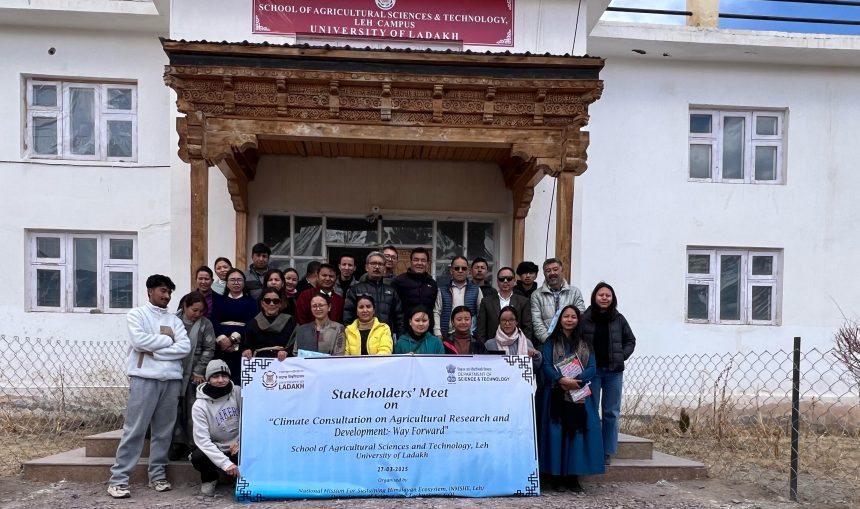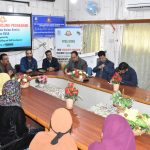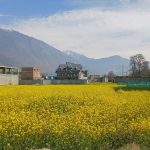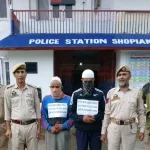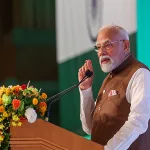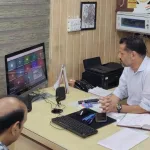Leh, Mar 28: A high-level stakeholders’ conference was Friday held in Ladakh where experts deliberated on the climate-resilient farming, sustainable water management besides drought-resistant crops.
The consultation on climate-resilient agricultural research and development—the way forward—was held at SAS&T-Leh, Stakna, University of Ladakh. The event, organised by the Task Force on Agriculture under the National Mission for Sustaining the Himalayan Ecosystem (NMSHE) and supported by the Department of Science and Technology (DST-GOI), aimed to address the challenges posed by climate change to agriculture in Ladakh.
The consultation brought together key experts, including Prof. D. Namgyal, Associate Director, SAS&T-Leh, UoL, Dr Dorjay Angchok, Scientist, DIHAR, Dr Shakel Ahmed from the Department of Animal Husbandry, Leh; and representatives from KVK-Leh, the Department of Agriculture and CAZRI-Leh. Faculty members, students and policymakers also participated in discussions on sustainable farming strategies. Dr Lobzang Stanzen, Assistant Professor (Agronomy), presented insights on Global and Local Weather Patterns, highlighting the rapid shifts in climate due to human activity and their implications for agriculture in Ladakh. Prof. Deldan Namgial, Principal Investigator, NMSHE, outlined the objectives of the mission and stressed the need to adopt drought-resistant crops to ensure food security in the area. Experts engaged in open discussions on key themes, including from fields to forefront—the battle of Agriculture and Horticulture against climate change and adapting to change—innovative strategies for livestock and fodder security under climate stress.
Prof. Dorjay Namgyal highlighted the success of climate-resilient crops like buckwheat, barley, alfalfa and millets. He noted that Ladakh’s changing climate now supports the cultivation of warm-season crops such as cucurbits and solanaceous vegetables. Case studies from Stok and Saboo demonstrated the potential for millet and buckwheat cultivation in the region.
With over 70 percent of Ladakh’s population dependent on agriculture and animal husbandry, experts stressed the urgency of adopting new policies and farming practices that align with shifting climatic conditions. Prof. Namgyal urged greater collaboration between government departments, research institutions and local farmers to build a sustainable agricultural future for the region. The consultation concluded with a vote of thanks by Dr Padma Angmo, Assistant Professor (Soil Science), who commended the participants for their valuable contributions towards shaping climate-resilient agricultural strategies in Ladakh.


